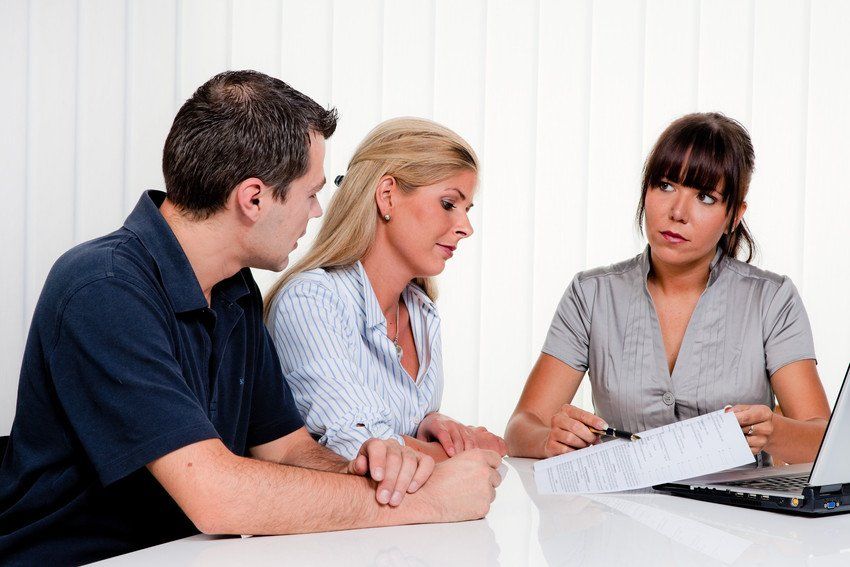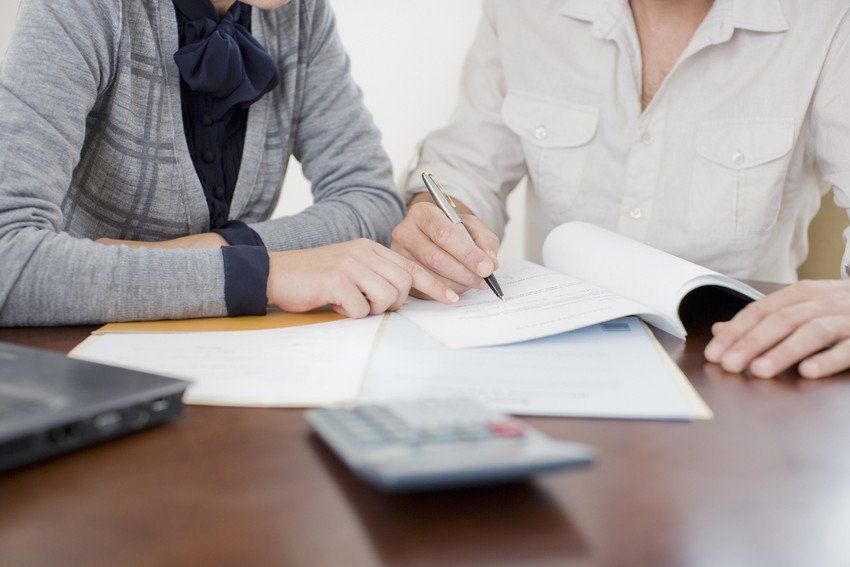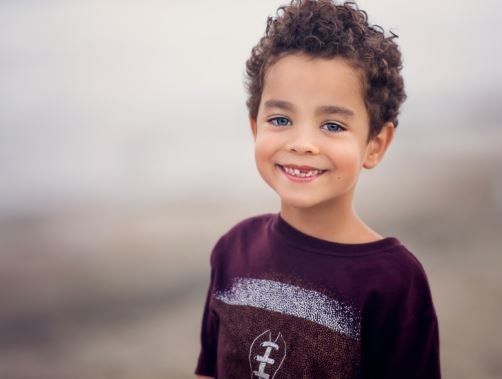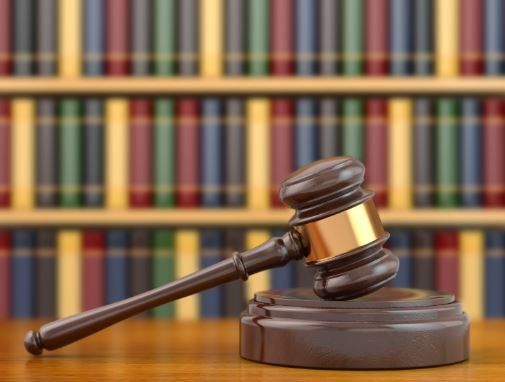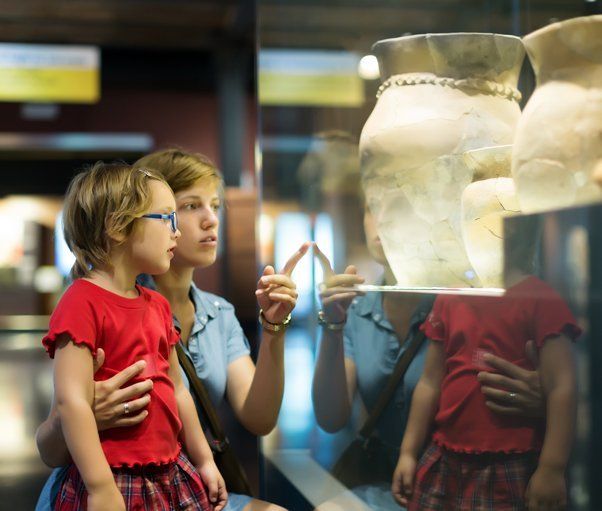Essential Steps To Take To Avoid Damaging Child Custody Proceedings
- By Hawley and Rodgers
- •
- 27 Nov, 2019
- •
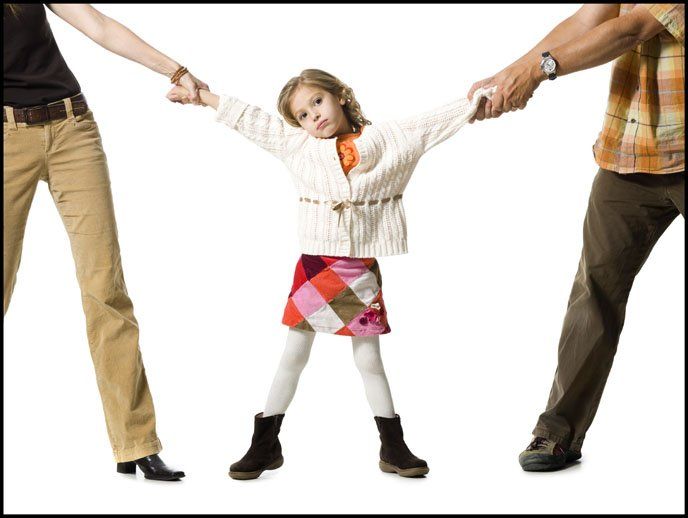
Divorce is never easy for a couple, but it can be even more difficult and upsetting if there are children involved. Divorce often isn’t a decision that’s taken lightly, and while it may be in your best interests for the family, the process can still be tricky to navigate.
Children can be upset about their parents divorcing at any age, but it can be particularly upsetting or confusing for them while they’re young. While it can be more damaging to stay in an unhappy marriage for the sake of the children, it’s important to carefully manage the divorce process to avoid any emotional damage to children involved.
Luckily, there’s plenty of help out there to help smooth things over for everyone; from divorce mediation or couples counselling to professional child custody lawyers who can help you come to an agreement. If you want to know more about the steps you can take to protect your children during a divorce, see our handy guide below.
Child custody is the legal term used to describe how children are legally and physically looked after by one or both parents following a divorce. Some couples may choose to split child custody 50/50, or one parent may have sole custody, while the other has visitation rights. In some extreme cases, a child or children will be looked after exclusively by one parent and have no contact with the other, but this is usually due to issues such as neglect or drug abuse. Custody is split into two different forms; legal custody and physical custody, which we will discuss below.
This refers to the legal rights of parents or guardians to make decisions about a child, such as healthcare, where they go to school, religious upbringing and medical decisions. Legal custody can be split (which requires both parents to agree on major decisions regardless of who the child lives with most of the time), or sole (one parent can make decisions without the other’s permission).
Physical custody refers to where a child lives, and how they are cared for day-to-day. Sole physical custody means that a child lives with one parent 100% of the time, but the other may have visitation rights. Joint physical custody is an agreement where both parents look after the child for roughly equal amounts of time and both parents are classed as a custodial parent. If one parent has sole custody, the other is classed as the non-custodial parent, even if they have visiting rights.
How to minimise the damage of divorce
Divorce is unfortunately necessary in some relationships and it can be far more damaging for children to live with two unhappy parents. Even so, it’s important to take steps to ensure that children are as unaffected by the change in circumstances as possible. Children often feel upset, confused and can blame themselves for their parent’s divorce, but you can guide them through this difficult time with the right steps. See below for some things you can do to ensure children stay as secure and healthy as possible.
Children often need a lot of reassurance and they’ll need even more during such a turbulent time. It’s important to sit children down before you begin any divorce proceedings and explain the situation using age-appropriate language. Parents don’t need to go into gritty details about why the divorce is happening, but children do need to know that both their parents love them and that isn’t going to change.
Also, allow children to ask questions and reassure them that difficult feelings like anger or sadness are natural and expected.
Attend mediation or counselling
Even if you feel you’re on good terms with your ex-partner, attending mediation sessions or family counselling can do wonders for everyone involved. Calm, civil parents are what’s needed if children are struggling during a divorce, and mediation can help you achieve this. You can also think about individual therapy or counselling for the children if they are finding the situation particularly difficult.
Avoid criticising your partner
As tempting as it might be (especially if there was infidelity or other difficult behaviour involved), parents should not bad mouth or criticise their partner in front of the children. Criticising your ex in front of your child can leave them feeling uncomfortable, guilty or like they’re being asked to take sides.
You should also avoid using children as a ‘go-between’ to find out information about your ex, such as whether they have a new partner or how they’re coping with the divorce.
Children need stability, so it’s important to try and stick to their regular routine as much as possible during divorce proceedings. Try and maintain everyday routines like the school run, stick to the same mealtimes and encourage children to keep up with regular hobbies and seeing friends.
Don’t argue in front of the children
Children should never witness arguments if possible, and remaining civil and amicable is one of the best things you can do to minimise damage. It’s been shown that children witnessing conflict or shouting between parents is one aspect of divorce which causes the most harm, so make conscious efforts to put the children first, communicate calmly and foster a healthy relationship as co-parents.
Get professional help from a solicitor
If you’re struggling to come to a custody agreement, then it may be time to get a professional solicitor involved. A family or child law solicitor will be able to negotiate a civil settlement regarding custody or care proceedings and work with you to ensure that children don’t get caught in the middle.
They can also help couples with the division of assets, provide legal guidance and advice, and arrange for family mediation if required.
Let them know they can talk to you
While adults will have a lot to deal with during a divorce or legal separation, it’s important that your children feel they can approach you if needed. Keep communication very open, and while you can’t force children to open up, it’s important to emphasise that both their parents love them and are here to provide reassurance. They may have a lot of questions about the separation; answer as honestly as possible but bear in mind things should be kept age-appropriate and devoid of blame.
Don’t be afraid to seek support for yourself
It’s important that the adults involved seek their own support if they’re struggling and there are many organisations which can help including Relate, Divorce Aid or a divorce solicitor who can arrange mediation for you. Parents may also wish to seek individual or couples counselling to help them work through the process.
If you’re looking for a reliable and professional child law or divorce solicitor in Nottingham or Loughborough, get in touch with the team at Hawley and Rodgers. Our experienced team of family lawyers are on your side and can work with you to ensure you come to a divorce or child custody agreement that’s in everyone’s best interests. To arrange an appointment or find out how we can assist you with a custody agreement, give us a call today or find out more on our website.

